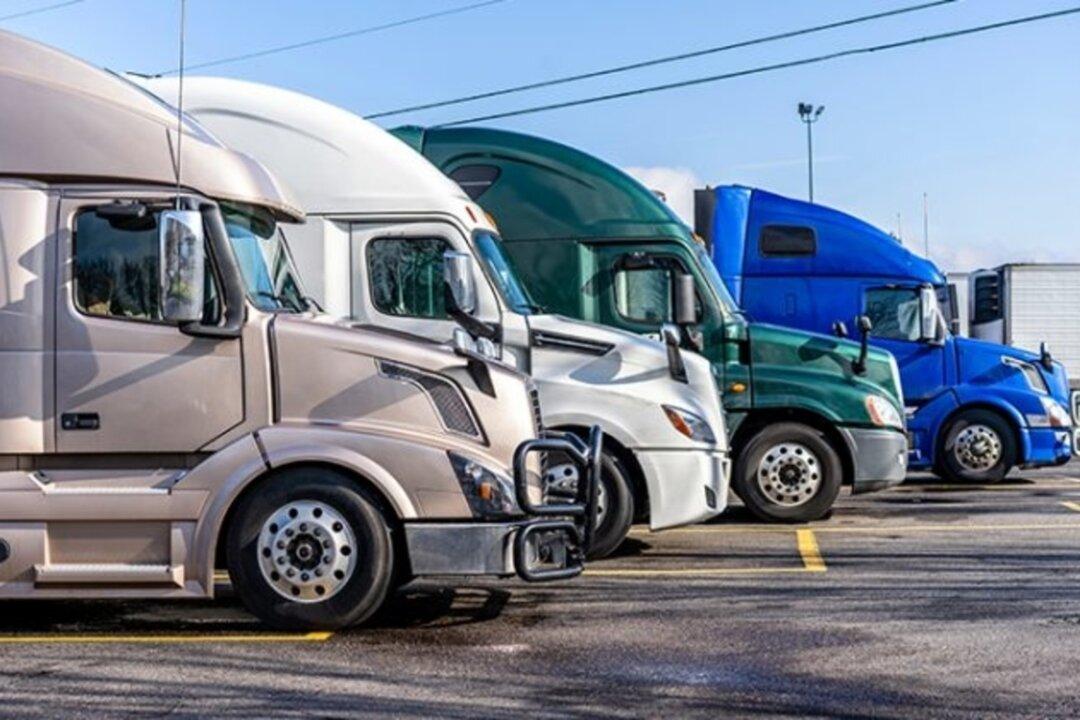Eight countries have asked the European Union to support road transport firms hit by the CCP virus outbreak and halt work on reforms to truck drivers’ working conditions, which they said would leave vulnerable companies worse off.
In a letter seen by Reuters, transport ministers of Bulgaria, Hungary, Lithuania, Poland, Cyprus, Latvia, Malta, and Romania said the EU should stand up for transport firms as it has already taken steps to help struggling airlines.





